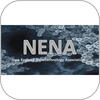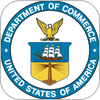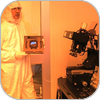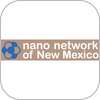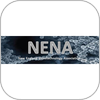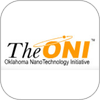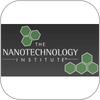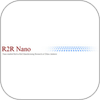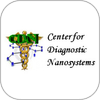RSL
Regional, State, and Local (RSL) Nanotechnology Initiatives and Resources
The Nano Network of New Mexico (NNNM) is a New Mexico-based, non-profit network promoting the commercialization and uptake of micro to nano-scale technologies (MNT) derived from federal, state, industry, and inventor assets resident in New Mexico.
Affiliated with, and networked among, numerous international, national, regional, state, and local initiatives, associations, and organizations, the Nano Network of New Mexico serves the goal of facilitating a distinct, well-known economic prowess and new business capacity possible from Small Technologies.
NENA includes members from: both the public and private sector; our government regulators, legislators, and elected officials; nanotechnology businesses and business executives; NGO’s, community groups and community leaders; colleges and universities; faculty and students; researchers and scientists; entrepreneurs and engineers; service professionals and investors; all of whom shall share information, energy, and ideas for fostering nanotechnology innovation, commercialization and economic prosperity to benefit both the people and the environment of New England.
The Oklahoma Nanotechnology Initiative (ONI) is a statewide initiative focused on assisting established businesses and start-up businesses to commercialize nanotechnologies to create new or improved commercial products. The Oklahoma companies can acquire the nanotechnologies through patent, licensure, IP creation, or purchase acquisition from any federal labs, universities, or other companies, as long as the commercial product is produced in Oklahoma.
The Nanotechnology Institute™ (NTI) is a nationally recognized, 13-member, multi-institutional, non-profit organization whose unique mission is to accelerate nanotechnology commercialization through interdisciplinary translational research from academic laboratories to industry.
The Roll-to-roll Nanotechnology Facility is an example of a RSL Nanotechnology Initiative that is currently forming in Massachusetts with a broad focus on Micro/Nanotechnology Devices and Systems. Roll-to-roll (R2R) manufacturing processes make it possible to economically print electronic devices and other technology products at meters-per-minute rates on inexpensive plastic film, paper, or foil, and to achieve feature dimensions as small as a few nanometers over areas encompassing billions of identical devices.
The Center for Diagnostic Nanosystems (CDN) was established at Marshall University in August of 2010 with the goal of developing novel molecular-based diagnostic tests that can be used by individuals and public health systems to facilitate personalized medicine.

